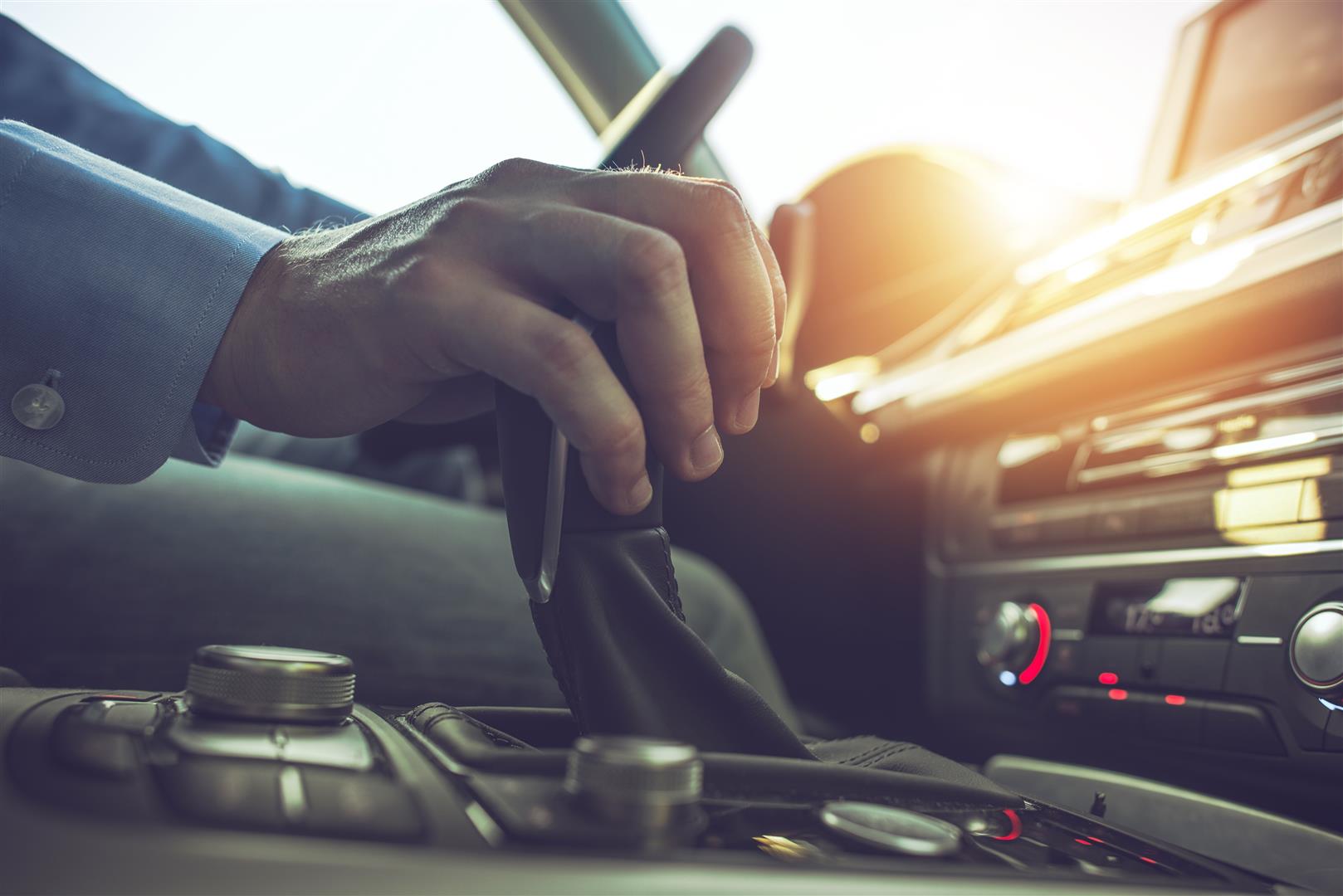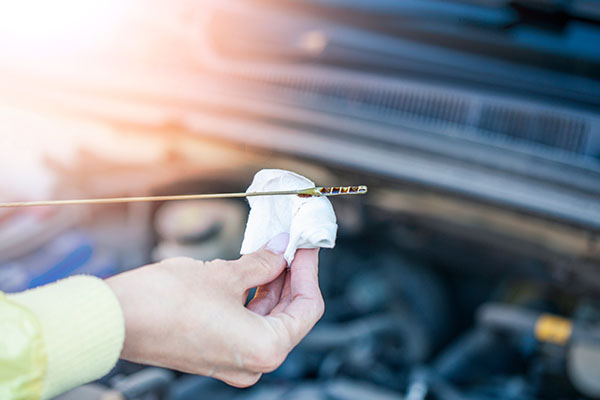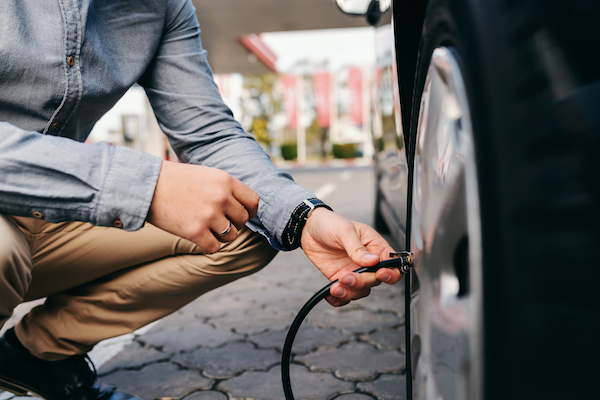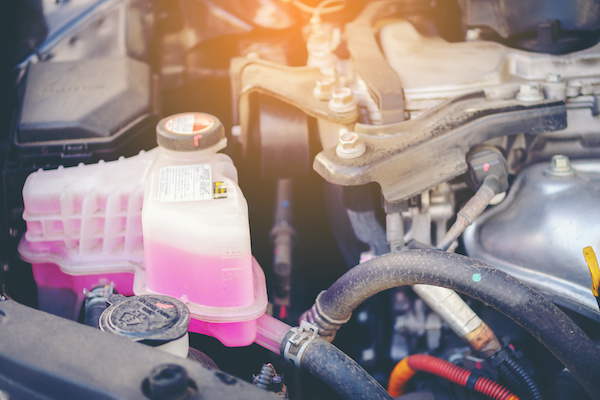Posted on 12/24/2023
.jpeg)
As we travel through life, our vehicles become more than just a way to get from one place to another. They're like trusted companions that help us explore the world. But sometimes, things go differently than planned, and we may face unexpected problems with our cars. In this guide, we'll talk about seven common car issues that many people face. We'll explain what they are, how to avoid them, and what you can do to keep your car running smoothly. So, whether you're a seasoned driver or a new car owner, this guide will help you understand some of the common problems that cars can face, and how to deal with them. 1. Tire Troubles Your car tires are important for your trip. They hold up the weight of your car and help it move on different roads. Not taking care of your tires can cause them to wear out unevenly, get holes, or burst. To avoid these problems, make sure you check your tire pressure often, rotate your tires, and check that they are corr ... read more
Posted on 11/29/2023

In the world of automotive engineering, even a single gear can make a substantial difference. For those pondering over the intricacies of transmission systems, understanding the contrast between six and seven-speed transmissions is more than just counting gears—it's about performance, fuel efficiency, and driving smoothness. The Essence of Transmission Systems Before we compare specific gear numbers, it's crucial to grasp the role of a transmission in a vehicle. Its primary function is to ensure that the right amount of power reaches your wheels to drive at a given speed. It allows for efficient engine operation while keeping RPMs (revolutions per minute) within a reasonable range. Six-Speed Transmission The six-speed transmission has been widely regarded as a standard in providing a balance between fuel economy and acceleration. With six ratios to choose from, the engine can perform optimally by staying closer to its power band—the range where it operates ... read more
Posted on 10/31/2023
%20copy.jpg)
You find a pool of mysterious liquid beneath your car - the telltale sign of a leaking radiator, and your heart sinks - what now? While the usual suspects often come to mind, there exist enigmatic causes that can leave even the most seasoned car owners scratching their heads. Unraveling the uncommon mysteries behind a leaking radiator isn't just a task of repair - it's a journey of understanding the intricate nuances of your car's cooling system. Join us as we venture into the unexpected culprits lurking behind this automotive anomaly. Corrosion Conundrum While corrosion isn't a novel concept in the world of automotive maintenance, its role in causing a leaking radiator often remains underestimated. The gradual buildup of rust and debris within the radiator can weaken its structural integrity, leading to unexpected leaks. Over time, the acidic nature of coolant and the introduction of exte ... read more
Posted on 9/30/2023

Your vehicle is more than just a machine - it's a trusted companion on the road of life. Yet, to keep this partnership flourishing, one must embark on a journey known as routine maintenance. Imagine it as a symphony of checks, balances, and fine-tuning, all orchestrated to ensure your cherished vehicle continues to purr like a contented feline. 1. Reliability Unleashed Routine maintenance visits are the key to unlocking your vehicle's full potential. From oil changes to filter replacements and tire rotations, these visits keep your car's vital components in top shape. This, in turn, translates to enhanced reliability, ensuring your car is ready to start without hesitation, even on the coldest of mornings. 2. Safety Elevated Your car is more than just a mode of transportation; it's a sanctuary for you and your loved ones. Regular maintenance checks inspect critical safety features like brakes, tires, and lights. Neglecting these coul ... read more
Posted on 8/31/2023

Proper tire pressure is not just about ensuring a smooth ride – it's a fundamental aspect of vehicle safety and performance. Underinflated or overinflated tires can lower fuel efficiency, reduce handling, and even cause tire blowouts. Today, we are here to teach you how to measure tire pressure correctly. It is a simple yet essential skill for every car owner. What You'll Need: Tire pressure gauge Knowledge of the recommended tire pressure for your vehicle (found in the owner's manual or on a sticker inside the driver's door frame) Steps to Measure Tire Pressure: Park and Prepare: Park your vehicle on a level surface and engage the parking brake. Make sure the tires are cold, as tire pressure increases as the tires heat up from driving. Locate Valve Stem: Remove the valve cap from one of the tires. The valve stem is a small, cylin ... read more
Posted on 7/30/2023
.jpeg)
Imagine taking a deep breath in a room filled with dust and debris. Not the most pleasant experience, right? Your car's engine feels the same way when it breathes in unfiltered air. That's where the air filter comes into play. This often-overlooked component is vital in keeping your engine clean and your ride smooth. So, the burning question is: How often should you change your car's air filter?The Frequency Factor: While no definitive answer applies to all vehicles, experts generally recommend changing the air filter every 12,000 to 15,000 miles or once a year, whichever comes first. However, this interval can vary depending on your driving conditions. If you frequently drive in dusty or polluted environments, inspecting and changing the air filter more frequently is recommended. Visual Inspection: One way to determine if your air filter needs replacing is through a visual inspection. Simply pop open your car's hood ... read more
Posted on 6/30/2023
.jpeg)
There can be a lot of confusion when it comes to the various fluids that keep our automobiles running smoothly and efficiently. One common question that often arises is whether differential fluid and transmission fluid are the same. While they both play crucial roles in the overall performance of your vehicle, it's essential to understand that differential fluid and transmission fluid are not interchangeable. Let's start by demystifying the differential and its purpose. The differential is a component found in vehicles with rear-wheel drive or all-wheel drive systems. Its primary function is to distribute power between the wheels while allowing them to rotate at various speeds, especially during turns. The differential fluid, also known as gear oil, is specifically formulated to lubricate and protect the gears and bearings within the differential housing. On the other hand, transmission fluid is responsible for lubricating and cooling the intricate components ... read more
Posted on 5/31/2023

Do you notice your headlights or taillights flickering or dimming while driving? It's a common issue that many car owners face, and it can be a significant safety concern if not addressed promptly. Dim or flickering lights can compromise your visibility while driving at night or during bad weather conditions, which is why it's important to have your car checked by a professional mechanic if you notice these symptoms. There could be several reasons why your headlights or taillights are flickering or dimming. One of the most common causes is a faulty alternator or battery. If the alternator or battery isn't supplying enough power to the lights, they'll start to flicker or dim. Another reason could be a loose or corroded wire connection, which can prevent the proper flow of electricity to the lights. In some cases, the center of the problem could be with the voltage regulator, which r ... read more
Posted on 4/25/2023

Spring is a great time to give clean and recover your vehicle after the long, harsh winter. Taking care of your car not only ensures it runs smoothly but also helps to extend its lifespan. Here are some spring car care tips to help get your vehicle ready for the warmer months ahead: Change the Oil and Oil Filter: Regular oil changes are key to keeping your car running smoothly. Spring is the perfect time to get your oil changed and have your oil filter replaced. Oil change services done at University Chevron can ensure that your motor is protected and running at peak performance. Check the Tires: The harsh winter can take a toll on your tires, so please remember to check them for any signs of wear and tear. Check the tire pressure and make sure it’s at the recommended level for your vehicle. Also, check the tread depth and look for any cuts, punctures, or bulges. Inspect the Brakes: Your brakes are one of the most critical saf ... read more
Posted on 3/30/2023

The cooling system in a vehicle plays an integral role in maintaining the engine's temperature, ensuring it runs right, and doesn't overheat. The system is made up of several different parts, each with its own important function. Let's take a closer look at what parts make up the cooling system. Radiator: The radiator is the most recognizable part of the cooling system. It is a heat exchanger that transfers heat from the engine coolant to the air passing through it. The radiator is typically located behind the grille at the front of the vehicle. Water Pump: The water pump is responsible for circulating coolant throughout the engine and the cooling system. It's usually driven by a belt connected to the engine's crankshaft. Thermostat: The thermostat is a temperature-sensitive valve that regulates the flow of coolant through the engine. It stays closed until the engine reaches its operating temperature, then opens to allow coolant to flow through the system. Coola ... read more